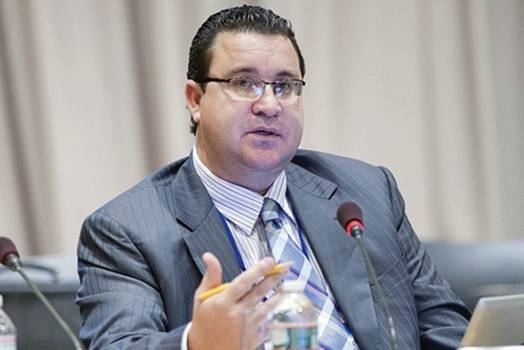Introduction
Ghana, a vibrant West African nation, has experienced its share of economic challenges in recent years. However, there is renewed hope on the horizon as the World Bank projects the country's economy to regain its full potential by 2025. In this comprehensive analysis, we delve into the factors contributing to Ghana's economic struggles, the key drivers behind its expected recovery, and the critical measures required to achieve sustained growth.
Challenges Leading to Economic Slowdown
In the wake of global economic turbulence and domestic imbalances, Ghana's economy faced a challenging outlook. The year 2022 witnessed a confluence of factors that exacerbated the situation, including currency depreciation, rising inflation, and dwindling investor confidence. Pre-existing fiscal vulnerabilities, such as mounting debt and a rigid budget burdened by high energy sector costs and low public revenues, were further amplified by adverse global conditions.
The Economic Update by the World Bank
The World Bank's Economic Update titled "Price Surge: Unraveling Inflation's Toll on Poverty and Food Security" provides valuable insights into Ghana's economic trajectory. According to the report, Ghana's economic growth is projected to slow down significantly, with a mere 1.5% growth anticipated in 2023, followed by a slightly improved 2.8% growth in 2024. Despite these challenging forecasts, there is optimism that the Ghanaian economy will regain its potential growth rate by 2025.
Roadmap to Recovery: Fiscal and Monetary Policies
Pierre Laporte, the World Bank Country Director for Ghana, Liberia, and Sierra Leone, stresses the importance of corrective fiscal and monetary policies to address macroeconomic instability. These policies are expected to influence total demand and gradually revitalize the non-extractive GDP growth. However, in the short term, the impact of such measures may keep private consumption and investment growth below pre-pandemic levels.
Structural Reforms and Policy Recommendations
The World Bank's report emphasizes that Ghana must focus on addressing the root causes of its economic challenges to ensure sustainable growth and resilience. Structural reforms and policy recommendations proposed include:
1. Sustainable Domestic Revenue Collection: Streamlining tax incentive regimes and enhancing revenue administration will be instrumental in boosting domestic revenue collection. By maximizing revenue, the government can create a solid financial foundation to drive economic growth.
2. Tighter Expenditure Controls: Implementing tighter expenditure controls is vital to enhance budget execution accuracy and prevent the accumulation of new arrears. Disciplined fiscal management will help ensure efficient utilization of resources.
3. Energy Sector Recovery: Fully addressing energy sector shortfalls is crucial to safeguard fiscal sustainability. The successful implementation of the Energy Sector Recovery Programme will contribute significantly to economic stability and growth.
4. Rebuilding Financial Sector Capital Buffers: The erosion of banks' capital buffers demands immediate attention. Rebuilding these buffers will promote financial stability and development, instilling confidence in the banking sector.
5. Enhancing Investment Climate: Attracting Foreign Direct Investments necessitates improving transparency, accessibility, and the quality of business regulation and regulatory governance. Creating an investor-friendly climate will stimulate economic activity and job creation.
6. Climate Change Adaptability: The government should prioritize investments that enhance resilience against climate change. Drawing from the World Bank's Country Climate and Development Report (CCDR) recommendations will ensure sustainable development and resource management.
Addressing Poverty and Food Insecurity
The World Bank report underscores that high inflation in 2022 had significant repercussions on food security and poverty in Ghana. The rising inflation eroded the purchasing power of households, leading to a decline in living standards and exacerbating poverty and food insecurity. To combat these challenges, the report advocates for enhanced safety nets to protect the most vulnerable segments of the population.
The Role of Livelihood Empowerment Against Poverty (LEAP)
The Livelihood Empowerment Against Poverty (LEAP) program could prove instrumental in aiding the poorest citizens to cope with economic shocks and build resilience against future uncertainties. By expanding and increasing transfers under this program, Ghana can uplift its most vulnerable citizens and foster a more inclusive society.
Conclusion
Ghana's journey towards economic recovery and resilience is laden with challenges but brimming with opportunities. The World Bank's projections indicate that by 2025, the country's economy can regain its full potential, provided it takes decisive action and implements the suggested structural reforms and policy measures. As the government focuses on fiscal and monetary policies, efficient revenue collection, tighter expenditure controls, energy sector recovery, financial sector stability, and enhancing the investment climate, Ghana can set the stage for sustained economic growth and poverty reduction. By nurturing an adaptable economy that is resilient against climate change, the nation can pave the way for a prosperous and equitable future.




No comments yet
Be the first to share your thoughts!